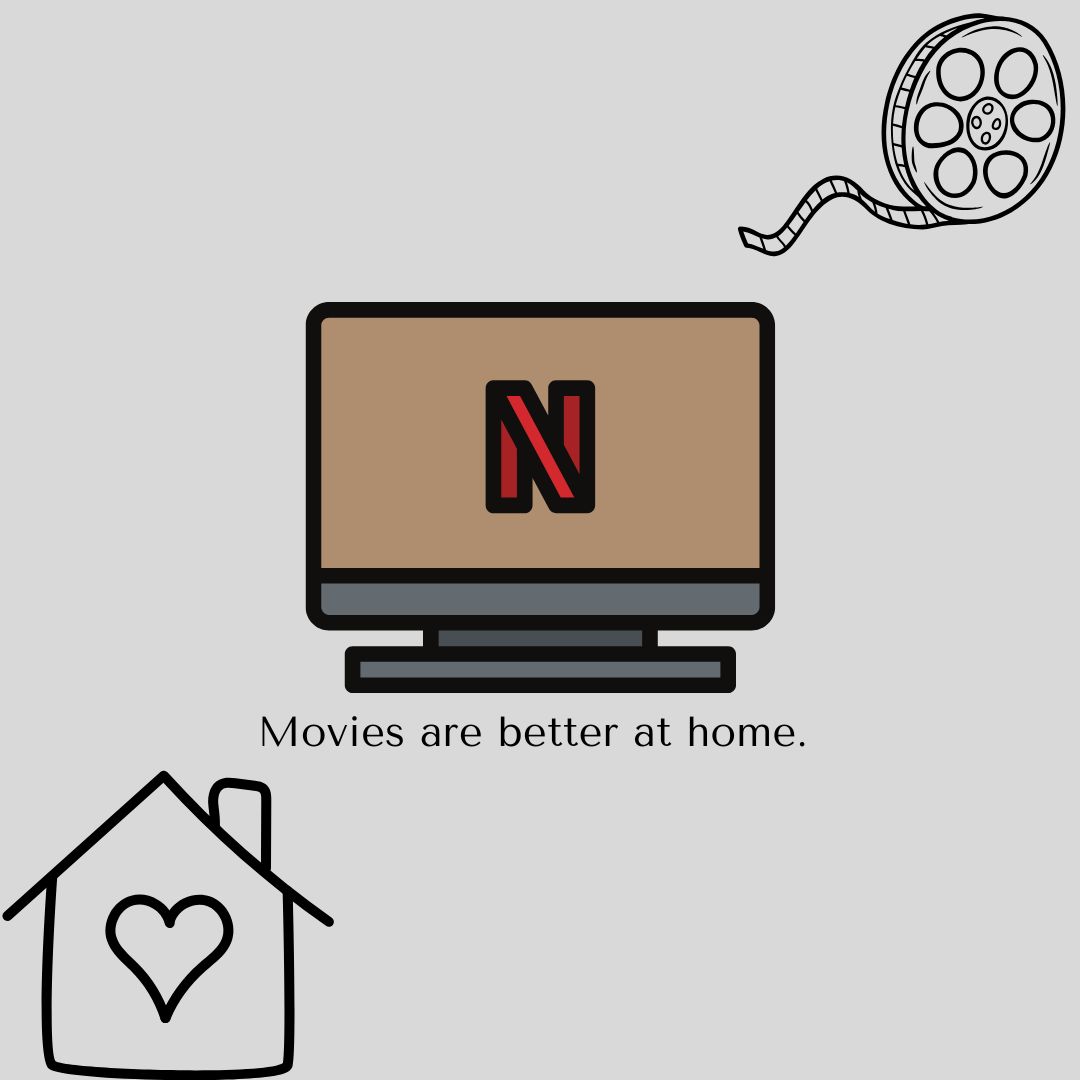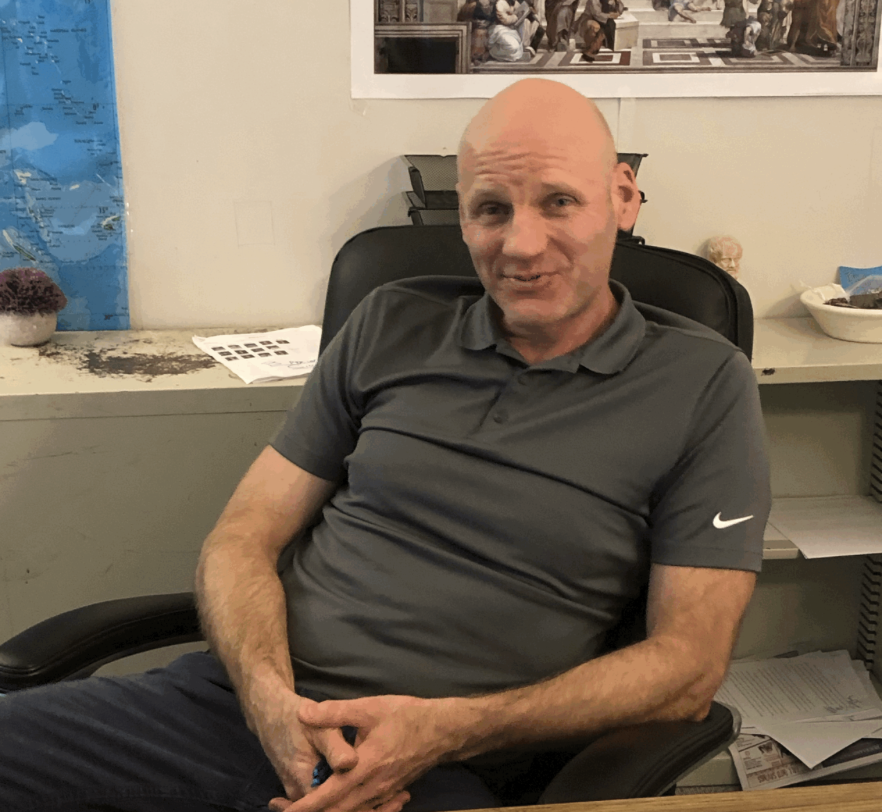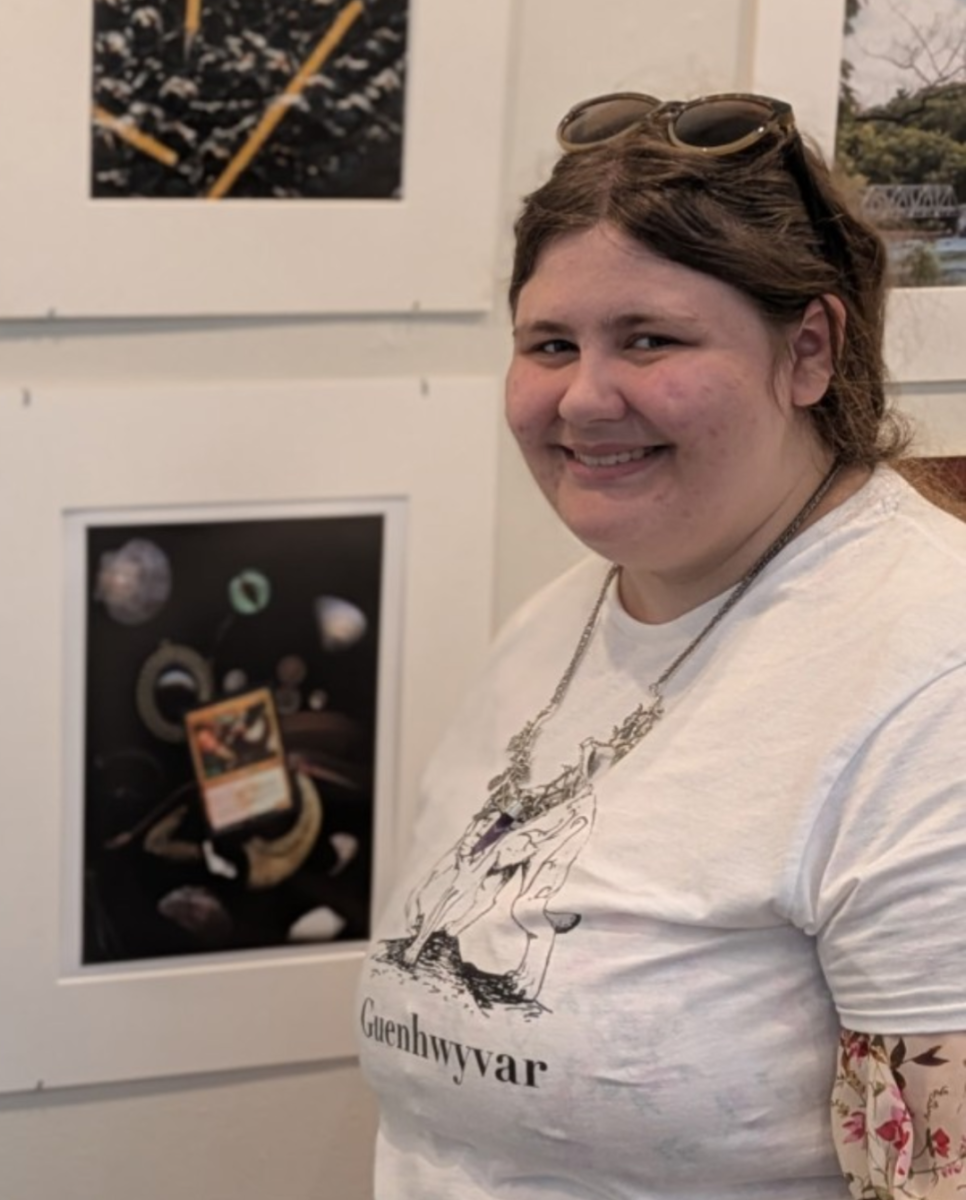In this day and age, you don’t need a therapist, a tutor, or heck, even a best friend. With the rise of artificial intelligence, one click can do almost everything for you. Need to write an essay? Don’t waste the effort when AI can write it for you. Need to vent? Don’t bother a loved one, AI can act as your therapist and as your emotional support system all in one.
Don’t get me wrong — AI is incredibly useful. It can be a great resource (though maybe don’t cite ChatGPT in your research paper). AI is integrated into everything now; even a simple Google search brings up an AI-generated overview. It’s everywhere, and it’s not going away anytime soon.
I’m not here to tell you to stop using AI completely, all I ask is for you to hear me out.
The way people have begun to rely on AI for everything is deeply concerning. Sure, it temporarily makes life easier, but what happens when your teacher asks you to write an in-class essay by hand? If you’ve let a program do your work all year, what skills are you left with when you don’t have it as a crutch to support you?
Using AI as a tool is fine. Using it for everything? Now that’s a problem.
Overreliance on AI comes with serious consequences — for your mind, for the planet, and for the internet as a whole.
The environmental cost
One of the most overlooked and most damaging aspects of AI is its impact on the environment.
According to Harvard Business Review, training a single AI model consumes a vast amount of electricity and can “emit hundreds of tons of carbon.” This is “equal to the annual emissions of hundreds of American households.”
On top of that, AI training requires immense amounts of freshwater to cool the data centers powering these models. As said in the article, “AI training can also lead to evaporation of huge amounts of fresh water into the atmosphere for data center heat rejection, exacerbating stress on our already limited freshwater resources.”
The Environmental and Energy Study Institute also confirms that the growing demand for larger, AI-focused data centers is driving up carbon emissions, energy, and water usage. In the article it states that, “large data centers can consume up to 5 million gallons per day, equivalent to the water usage of a town populated by 10,000 to 50,000 people.”
Even asking AI a single prompt uses water. Researchers from the University of California, Riverside, estimate that a single 100-word prompt consumes roughly one bottle of water. That may not sound like much, but think about how many prompts are being typed every second.
This is not sustainable.
The internet is drowning in “AI Slop”
A few months ago on Last Week Tonight with John Oliver, the comedian discussed the rise of “AI slop,” which is a term for the flood of low-quality, AI-generated content that’s overtaking the internet. This includes fake news stories, AI-generated music, and as Oliver described, “bizarre images like a pug raising a baby on a deserted island.”
You’ve probably seen it yourself. Even platforms like Pinterest are getting overwhelmed with AI-generated content, making it harder to find genuine creativity— which was the point of those platforms in the first place.
According to John Oliver, big technology companies are also jumping on the trend. Mark Zuckerberg recently introduced Emu (Expressive Media Universe), a suite of AI tools for Facebook and Instagram. He called it the “next logical jump.” Now, over a third of the content on people’s social media feeds comes from accounts they don’t follow, allowing AI slop to slip in unnoticed.
And yes, people are monetizing this slop. Platforms like Meta, Tiktok and Youtube reward anything that goes viral, and AI makes it easy to publish content that looks realistic but isn’t— and people believe it’s real. There are even “AI slop gurus” selling guides on how to game the system.
“[They] offer to sell you their secrets on how to sell profitable slop for a small fee,” Oliver said. “Pro tip: don’t give your credit card to an AI cat.”
The death of thinking
Let’s talk education. It’s no secret that students are using AI to do their homework, essays, and projects. If you’re just copying and pasting from AI, you’re not actually learning anything.
The U.S. is clearly struggling with an educational gap, especially now with a tool that allows students to avoid learning entirely. It’s a shortcut that, in the long run, is making people less capable of thinking for themselves.
On the other hand though, students who don’t use AI are starting to feel pressure to dumb down their work so they aren’t accused of cheating. Just because someone has well-versed vocabulary or uses a hyphen correctly doesn’t mean they used ChatGPT. God forbid I enjoy making my work grammatically correct.
Creativity on trial
We were created to create, but AI is even starting to take over that.
On TikTok and Spotify, you’ll find AI-generated songs being passed off as original work. Artists are being replaced by algorithms that are producing content faster and cheaper—but definitely not better. Let’s face it: quality over quantity is always preferred, especially when it comes to forms of self-expression.
On that note, there’s Tilly Norwood: a fully AI-generated actress with a growing fanbase. Even though she’s obviously fake, she’s already booking roles— and this is only the beginning. Her creation isn’t innovation, it’s imitation, and it’s costing real artists their careers.
AI isn’t enhancing creativity—it’s erasing it.
Use it, don’t abuse it
There’s no getting rid of artificial intelligence, and I am not implying that it should go completely. It has its perks, but the danger is in how we use it. If we let AI think for us, write for us, create for us, and make decisions for us, we risk losing an essential part of us that makes us human.
We’re damaging the environment, killing creativity and negatively rewiring our brains— all in the interest of ease.
It is important to remember that AI needs to be used responsibly as a tool, not as a replacement for effort and critical thinking. The future of these programs depends not on what it can do, but on what we choose to let it do for us.
As John Oliver put it: “If [AI] gives you an uneasy feeling in your stomach right now, get used to it, because it seems extremely likely that we’re gonna be drowning in this crap for the foreseeable future.”















